As many families prepare for their children to return to school after the summer holidays, we must also reflect on the harsh realities many Aboriginal children face. Our children are meant to be going to school, learning from Elders, spending time with their family, friends and mob and feeling the soil between their toes on Country. They should not be in jail. It is time to raise the age of criminal responsibility because locking our kids up is not the answer.
All over Australia, from the age of 10, children can be arrested by police, face charges, have to stand up to a judge in court or be locked up in jail. Children aged between 10-14 years of age in youth justice are more likely to be Aboriginal, have a history of involvement in child protection, have a disability and experienced significant trauma1. All children have a right to be safe, to be nurtured and be connected to their culture.
Medical experts have found that children's brains are still developing well into their 20’s, so they are unable to fully understand why their actions were wrong or the consequences of their behaviour2. By criminalising children from such a young age, we are not teaching them a valuable lesson, we are showing them that they are not worthy of support, that their life does not matter. Instead of locking up our children, we should be working with them and their families to identify and address the causes for their behaviour through early intervention and prevention, not punishing the symptoms of their distress.
The younger a child is when they become involved in youth justice, the greater the chances of reoffending and of entering a life-time cycle of offending3. For every year a child is older when they first appear before court, there is an 18 per cent decrease in the likelihood of reoffending4. If the age of criminal responsibility was raised, many children may never have entered the system.
Our children, men and women continue to be over-represented in the justice systems, and we know re-engaging children in their culture, community, family and education is a much more effective way to addressing at-risk behaviours. Being immersed in culture and traditional forms of healing creates a safe space to tell their story free from judgement, builds trust and acknowledges the trauma of their history. Raising the age is one thing that can be done now to make long-lasting change. Jail is no place for children.
What do we need?
- To raise the age of criminal responsibility to 14 years of age, not 12 as currently being considered by government
- Differentiated responses tailored to need, age and developmental stage
- Community designed and led initiatives, including community based alternatives to incarceration for children aged 10-14 years of age
- Trauma informed, culturally therapeutic supports and services
What can you do?
- Have discussions with your family, friends and mob to share the message about why we need to raise the age and start conversations to get the message around.
- Write to your local Member of Parliament, telling them you support raising the age. You can find an email template to use here.
- Watch the ‘In my Blood it Runs’ documentary on Dujuan to hear and learn about his story.
- Sign the petition to raise the age - you can do it here.
References:
[1] Commission for Children and Young People. (2021). Our youth, our way: A systemic inquiry into the over-representation of Aboriginal children and young people in the Victorian youth justice system. Melbourne, CCYP.
[2] Sentencing Advisory Council. (2019). ‘Crossover Kids’: Vulnerable children in the youth justice system. Melbourne: Sentencing Advisory Council.
[3] AIFS (2017). Child protection and Aboriginal and Torres Strait Islander children. https://aifs.gov.au/cfca/publications/child-protection-and-aboriginal-and-torres-strait-islander-children
[4] Sentencing Advisory Council. (2016). Reoffending by children and young people in Victoria. Melbourne, State of Victoria.


